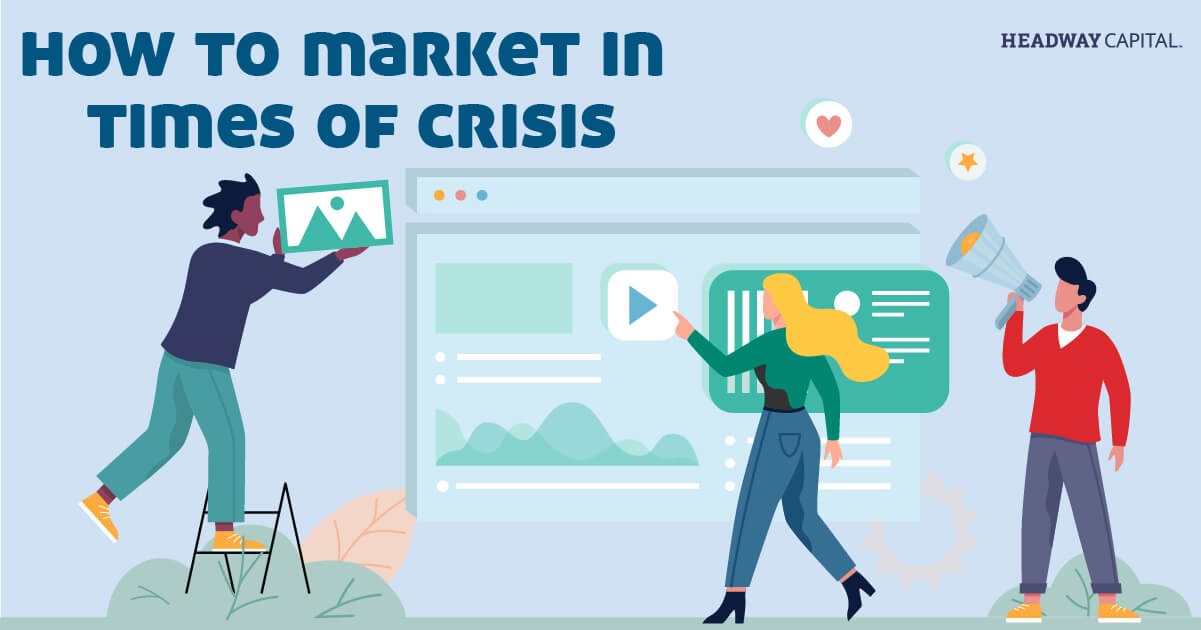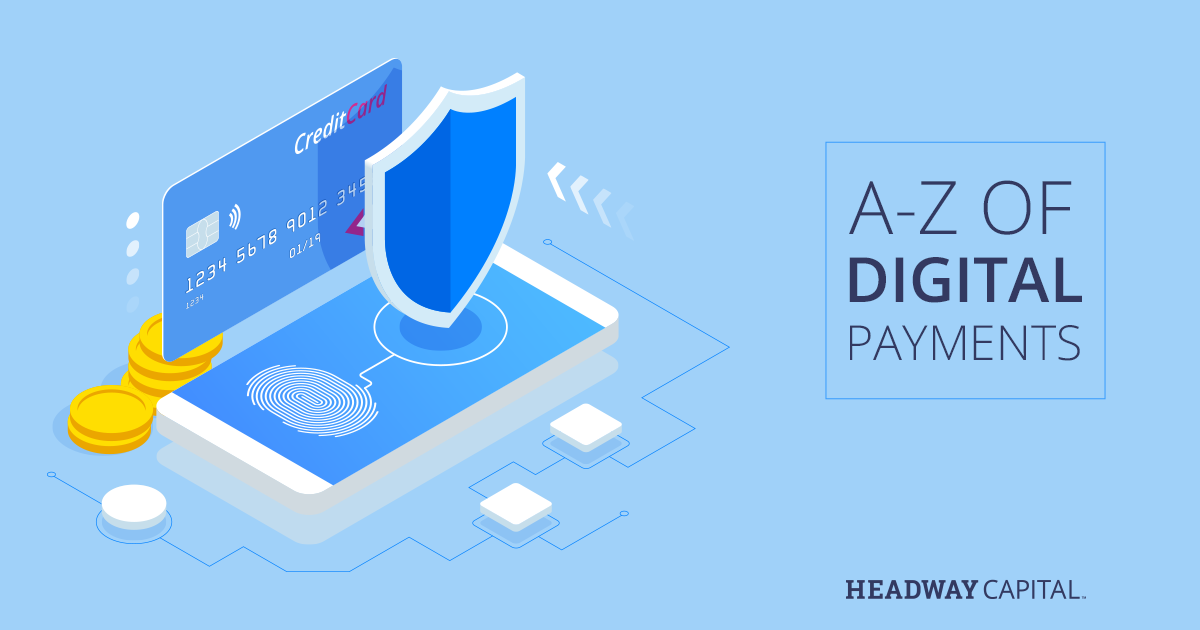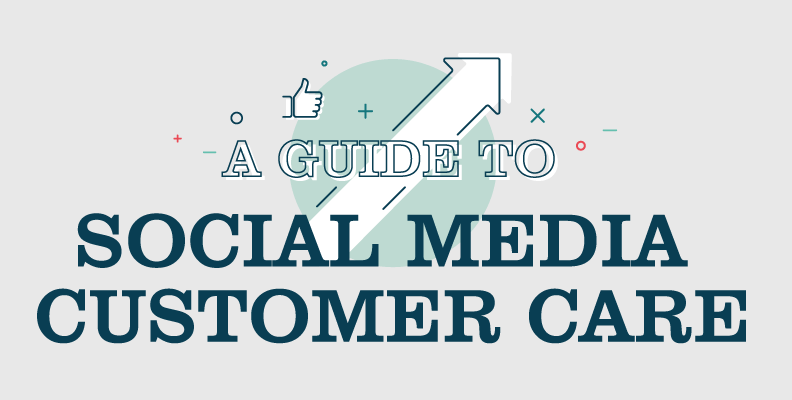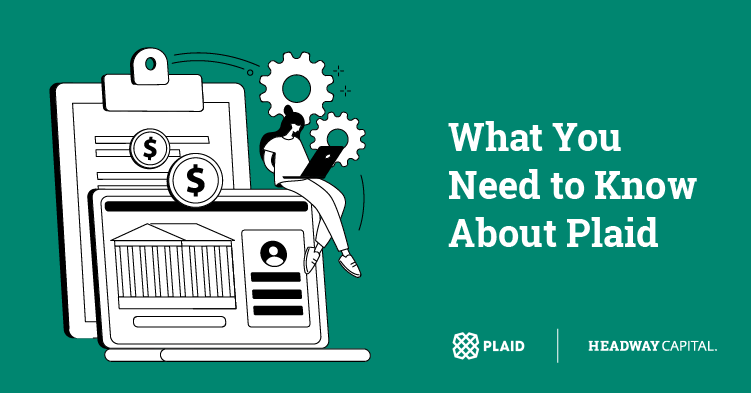Industry Experts Share Tips for Marketing During the Pandemic
The COVID-19 pandemic is unprecedented for us in the United States and presents unique challenges that the country has never faced. Those challenges extend to how we conduct business, leaving many companies worrying about keeping their business afloat — and how to respond to the crisis from a marketing perspective. We talked with Kirk Chartier, Chief Marketing Officer of Enova, and Kelly Jordan, Head of Global Consumer and Small Business Marketing for Enova, in order to compile a few tips. Together, the two have more than 45 years of marketing experience in roles for companies such as American Express, Walgreens and Orbitz.
How does this pandemic compare to other crises we’ve experienced in the United States?
Chartier: There’s an element of it that feels like any of the financial crises we’ve had, but it’s entirely different because of the public health issues alongside the economic crisis.
What are some lessons you’d share for small businesses that are some of the hardest hit?
Jordan: If your business is basically on life support right now, you really have to think about cash preservation. So paid marketing is an area that probably isn’t an expense you want to prioritize over taking care of your customers and your employees. You want to be ready to be back and strong when things open up.
They clarified that doesn’t necessarily mean to stop marketing efforts entirely, but to change how you’re doing it.
Now is not the time to reflexively stop advertising…now is the time to keep marketing, but do it differently.
Chartier (contd): You may not spend money on advertising — you may market through your customers. You have to stay engaged so that when things turn, (customers) will be aware and they’ll come to (you).
How can a business market itself while cutting down (or eliminating) paid advertising?
Chartier: Do what you can (afford) to promote your business and your brand. You can do that by building the relationship with the customers that you have, and also by building your relationship with your employees. Make sure they feel good about your business so that when things come back around, they’ll feel good about representing your business.
Jordan: Think about your customer base and how their needs have shifted during this time.
Can you pivot your business model in the short-term or medium-term to better reflect the changing habits of your customers?
They also recommended using PR, social media and email campaigns as inexpensive options for keeping your business at the forefront.
Chartier: You need to take care of your community…whatever you can afford to do. I’ve seen some businesses doing collabs with other businesses as a way to promote themselves. So you think about ways to market that are about selling, but also about promoting the brand and making it more visible.
What type of considerations should be given to “tone” when marketing during a crisis?
Chartier: In a time like this, relevancy comes to the forefront. Empathy from a tone standpoint — relevancy from a content standpoint. You have to place your product in a relevant context to the current situation and need of your customer.
Why is it important to be sensitive to tone and relevancy during this time?
Jordan: Brand equity takes a long time to build in a positive direction, but it can go away overnight with a bad decision. Making sure your communications are relevant and sensitive during this time is critical to having a loyal customer base when we come out of this.
There’s a school of thought out there that marketing during this pandemic is capitalizing on crisis, or that it’s inappropriate. What do you say to that?
Jordan: This is a very sensitive time from a personal health and financial stress perspective, so people are understandably anxious. You have to be mindful of those components, but giving people an option of how to take advantage of this situation in a smart way isn’t inappropriate.
Chartier: If people need your product — if this is the right time — you need to be informing them that you have it and it’s available. And if it’s not exactly the right time for your product, you have to remind them you’re a good business who cares about its customers, its employees and its community.






